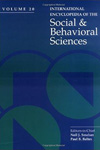Sheila Jasanoff
Pforzheimer Professor of Science and Technology Studies, Harvard Kennedy School
Books
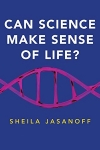
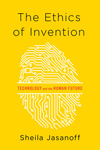
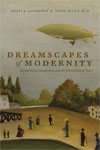
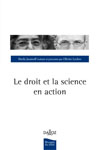
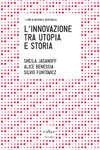
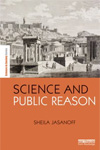
Science and Public Reason (collected essays with new Introduction and Afterword) (Abingdon, Oxon: Routledge-Earthscan, 2012).
This collection draws together a dozen of my essays on risk, law, and comparative policy, and documents the central place of public reason as a connecting thread through several decades of my work.
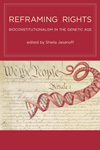
Reframing Rights: Bioconstitutionalism in the Genetic Age (Cambridge, MA: MIT Press, 2011); edited, with sole-authored introduction, conclusion, and chapter.
This book, like most of my edited volumes, introduces a new theoretical concept—bioconstitutionalism—to illuminate how ideas about life and lawfulness become entwined at the frontiers of the life sciences.
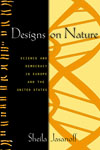
Designs on Nature: Science and Democracy in Europe and the United States (Princeton, NJ: Princeton University Press, 2005; paperback 2007); Italian translation: Fabbriche della natura: Biotecnologie e democrazia (Milan: Il Saggiatore, 2008); Chinese translation (2011).
Designs resumes my comparative research after a hiatus of several years. It offers a decidedly post-structuralist account of political culture, focusing particularly on the role of civic epistemologies in legitimating national responses to emerging biotechnologies.
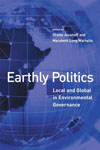
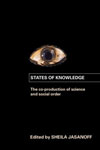
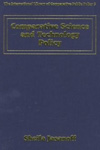
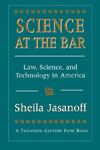
Science at the Bar: Law, Science, and Technology in America, a Twentieth Century Fund book (Cambridge, MA: Harvard University Press, 1995); paperback 1997; Italian translation La Scienza davanti ai Giudici (Milan: Giuffré, 2001); Korean translation (Seoul: East-Asia Publishing, 2011).
This book contradicts or complicates many conventional ideas about science and law, including the “law lag,” the scientific illiteracy of judges, and the role of courts in producing “junk science.”
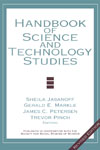
Handbook of Science and Technology Studies (Thousand Oaks, CA: Sage Publications, 1995); co-edited with Gerald Markle, James Petersen, Trevor Pinch.
Sometimes referred to as the second STS handbook, this volume actually provided the first comprehensive overview of the field on both sides of the Atlantic.
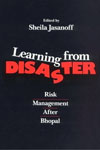
Learning From Disaster: Risk Management After Bhopal (Philadelphia: University of Pennsylvania Press, 1994); edited (with introduction).
Many of my ideas about technology, law, and justice developed while I was working on this book and were first articulated in my introductory essay.
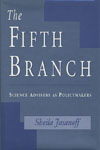
The Fifth Branch: Science Advisers as Policymakers (Cambridge, MA: Harvard University Press, 1990); paperback 1994; Chinese translation (Shanghai: Jiao Tong University Press, 2010).
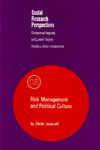
Risk Management and Political Culture (New York: Russell Sage Foundation, 1986).
A spin-off from Controlling Chemicals, and my first significant sole-authored work, this little book showed how political culture affects the assessment and management of technological risk. I discovered STS while working on this book.

